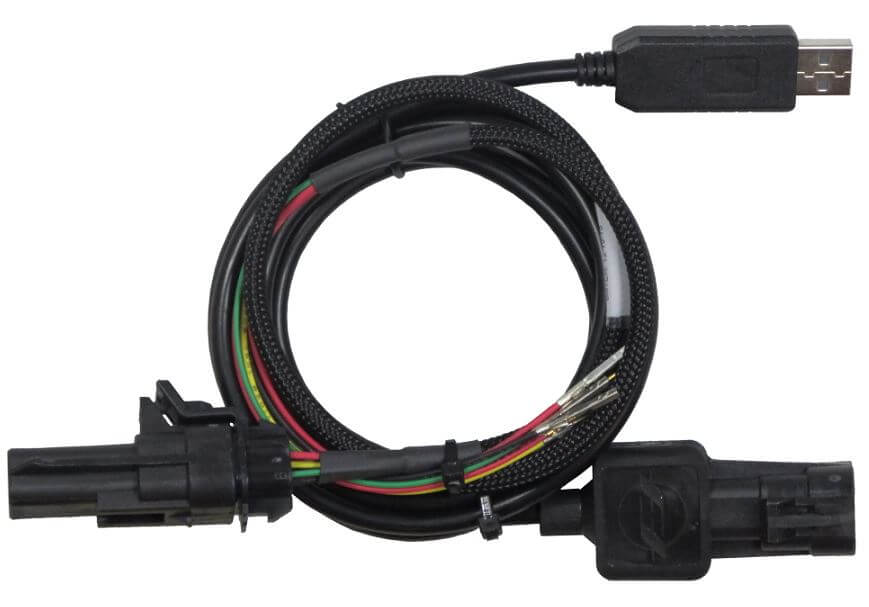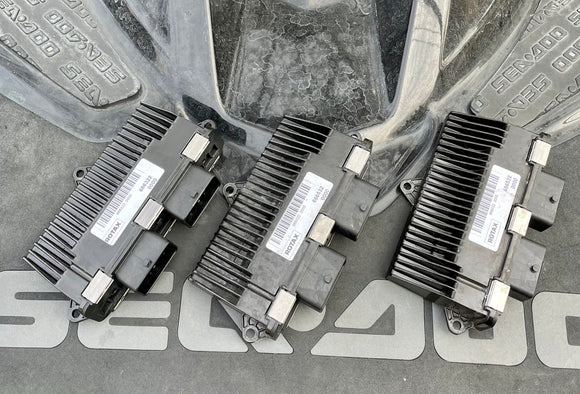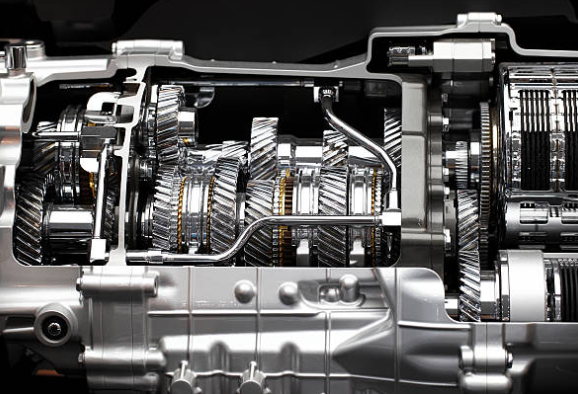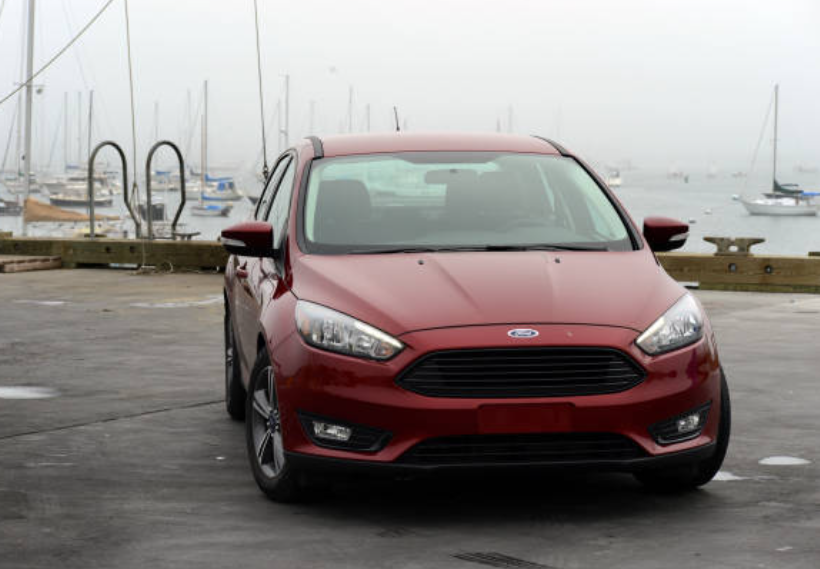California ECU Tune Flash FAQ: Everything You Need to Know
Tuning your car's Engine Control Unit (ECU) has become a common way to improve power, torque, and general driveability in the realm of automotive performance. But for people living in California, it might be difficult to balance the complexities of ECU tuning with adhering to strict emissions laws. This extensive FAQ guide attempts to answer frequently asked questions and allay worries drivers may have while offering thorough insights into ECU tuning in California.

What Is ECU Tuning?
ECU tuning is the process of optimizing the engine management software in your car in order to maximize engine performance. An even more exhilarating driving experience can be achieved with ECU tuning by recalibrating critical factors, including fuel supply, ignition timing, and turbocharger settings. This process, which is usually carried out by knowledgeable experts using specific equipment and software, guarantees peak performance tailored to your driving preferences.
With the goal of lowering air pollution and preserving public health, California is well known for having some of the harshest emissions regulations in the world. To maintain environmental responsibility, any alterations made to a car's emissions control systems, such as ECU tuning, must follow these rules. The rules governing emissions compliance are established by the California Air Resources Board (CARB), and violators face severe fines and penalties.

California does not have any laws against ECU tuning; however, in order to avoid fines and penalties, one must follow the rules established by CARB. Performance gains and compliance with emissions regulations are the goals of CARB-certified tuning solutions. Make sure that any changes you make to your car are both legally permitted and environmentally responsible by selecting tuning companies that supply CARB-compliant solutions.
ECU tuning can potentially void portions of your vehicle's warranty, particularly if the modifications lead to mechanical issues. However, some aftermarket warranty options exist to provide coverage for tuned vehicles, offering peace of mind to enthusiasts. It's crucial to review your vehicle's warranty terms and consult with tuning experts to understand the potential impact on warranty coverage before proceeding with ECU tuning.

Finding and choosing a reliable source of tuning services is essential to guaranteeing high-quality work and adherence to rules. Think about things like customer feedback, experience, skill, and CARB certification when selecting a tuning service. Important steps in this procedure include reading reviews, getting advice from other enthusiasts, and confirming CARB certification. You can also make an informed choice by talking about your objectives and worries with tuning specialists.

A careful balance must be struck in order to ensure emissions compliance while achieving optimal performance improvements. Different stages of performance enhancement are available with tuning options, including Stage 1, Stage 2, and Stage 3, all of which guarantee that emissions stay within legal bounds. Stages 2 and 3 give more aggressive tuning options with additional alterations, while Stage 1 tuning usually concentrates on fundamental modifications for better performance. Working with tuning specialists who are knowledgeable about the nuances of emissions laws and are able to customize tuning solutions to both satisfy your performance objectives and adhere to legal standards is crucial.
1. What is the Difference Between Stage 1, Stage 2, and Stage 3 Tuning?
Stage 1 typically involves software modifications to improve performance within the factory hardware limitations. Stage 2 may include additional hardware upgrades such as intake and exhaust modifications, while Stage 3 may involve more extensive modifications such as turbocharger upgrades.
2. How Does ECU Tuning Impact Fuel Efficiency?
ECU tuning can lead to improved fuel efficiency under certain driving conditions by optimizing engine performance. However, aggressive tuning for maximum power gains may result in increased fuel consumption.
3. Can ECU Tuning Void the Vehicle's Insurance Coverage?
While ECU tuning itself may not void insurance coverage, any resulting mechanical issues may not be covered under the vehicle's warranty. It's essential to review your insurance policy and warranty terms to understand the potential impact of ECU tuning on coverage.
Finally, ECU tuning offers drivers in California an exciting way to improve their car's performance while still meeting strict emissions standards. Drivers may confidently traverse the complexity of ECU tuning by partnering with reliable tuning companies and maintaining strict compliance. Regardless of whether one is seeking incremental improvements or revolutionary breakthroughs, the path to peak performance is always anchored in a dedication to lawfulness, ecological consciousness, and the pure excitement of the adventure ahead.
Click on the following link to read another blog post: Signs Of Low Transmission Fluid














